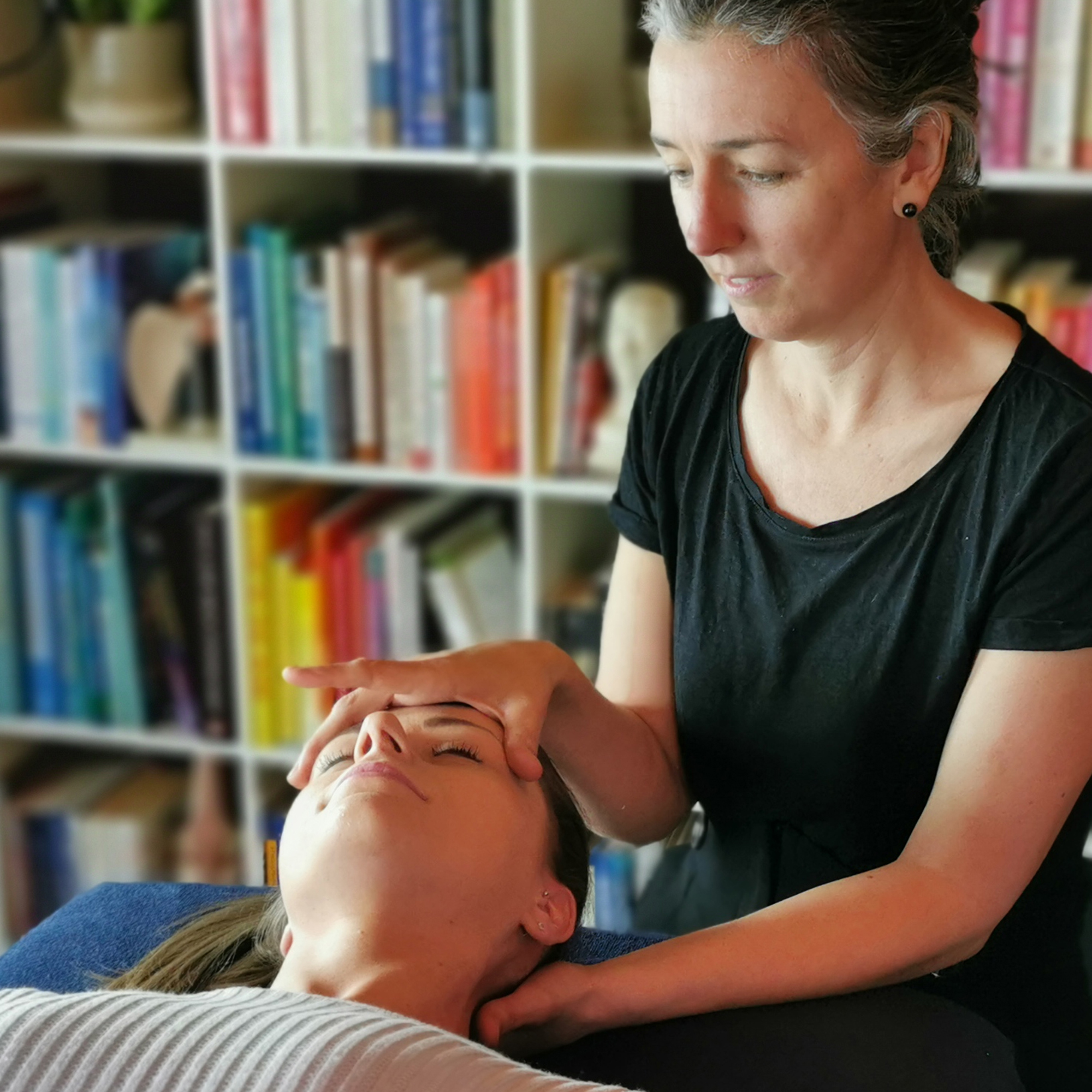
Second Spring
Preparing for the Perimenopause and Menopause
What are the basics?
The menopause is a one-day event that marks 12 consecutive months since your last period. The perimenopause is that time which can be anything between a few months and a few years when your hormones start to fluctuate as you gradually move towards your last period. We will look at the classic and less well-known physical symptoms that may come during this time, and we will explore the psycho-emotional shifts that are at the heart of ‘The Change’.
When is this likely to happen?
Just as you never knew when your first period was going to start, you can't predict when your last one will be. If the average age of menopause is 51 then some perimenopause symptoms may be starting at 41. But remember, there is no ‘normal’ and 51 is just the average, so if you are having symptoms that you can't quite put your finger on at 35 then it may be worth talking to your healthcare provider about your hormones (although book in with one who specializes in women's hormones as menopause training isn't mandatory).
If you were thinking of starting or extending your family during perimenopause then don't panic, you can still get pregnant, you just may need to be diligent with your lifestyle and self-care. If starting or extending your family is a big fat NOPE then you'll need to be diligent about contraception - current guidelines advise women under 50 to use contraception for at least two years after their last period, and for women over 50 to use contraception for at least one year after the menopause.
What exactly is going on?
It is useful to have a rough idea of what is happening with your sex hormones so you can better understand your body during this turbulent time. If you are in natural menopause rather than a surgical one then your ovaries will slow down the release of oestrogens and testosterone, and you will ovulate less regularly causing a drop in progesterone. Together these hormones affect your: cognitive health, bone health, cardiovascular system, serotonin, endorphins, digestive health, cholesterol levels, urinary tract, pelvic floor muscles, serotonin, libido, energy levels, mood, and of course your uterus, vagina, vulva, and breasts.
The reduction in the production of these hormones is rarely a smooth steady decline, this is your most erratic time with fluctuating levels making life hard for you, and making it difficult for your healthcare provider to give you a diagnosis via a blood test because it will vary day to day. If you are younger than 45 then they may give you a blood test to determine where you are, but if you are over 45 they will diagnose you off your symptoms.
Although your ovaries slow down the release of these hormones, your fat cells and adrenal glands will pick up the slack (which is where a few extra pounds can come in handy) and can make a small portion of a type of oestrogen and testosterone. This is why perimenopause can be so brutal, because if your adrenals are already burnt-out at midlife (and whose aren't?) then there is not enough battery life left for them to pick up where the ovaries left off.

How about symptoms?
Perimenopause is likely to affect you on many levels and in ways that may not seem connected. The classic symptoms are changes in your menstrual cycle, hot flushes, and night sweats, but you can take your pick from this shortened list of less well-known symptoms:
Body: Palpitations, tinnitus, headaches, joint/muscle pains, exhaustion, digestive problems, urinary tract infections, dryness of the skin, hair, eyes, nails, mouth, vagina, or vulva.
Mind: Anxiety, insomnia, difficulty concentrating, panic attacks, poor memory, brain fog, rage, low libido.
Spirit: Wanting to give everyone the middle finger, run away and leave everything behind so you can live in a field, count butterflies, dance in the rain, and swim naked in the river.
The perimenopause/change in your hormones during this time in your life may be the root cause of some of your symptoms - although it is always worth asking your healthcare provider for blood tests, especially a full thyroid panel to rule out any other underlying issues.
Sounds like a lot, right?
Menopause is a rite of passage. In the first half of your life, your hormones are set up to help you care for children, look after aging parents, do birth work projects, and give and give of yourself. Now, that energy output is no longer sustainable and a part of you (the self) is demanding that you turn your awareness inward and get your own needs met - although for some, recognising that you even have needs may be the first step. This is what we mean by ‘self-care’. And what better way of your body slowing you down than giving you crippling symptoms that make it difficult for you to function.
Perimenopause is that time when giving to yourself becomes non-negotiable, but it usually comes at a time when you are at peak wonder-woman and have run your adrenals into the ground through decades of multi-tasking. So, don't worry if you feel overwhelmed or out of control, this time in your life is supposed to be messy. Any unresolved issues are supposed to come to the surface so that you can process them and move into your next 30-40 years free of the burden of carrying them around. Your self-care has to become non-negotiable because your level of giving is unsustainable.
What are your options?
HRT can be a flexible option as you and your healthcare provider can choose which hormones to supplement and in which way. These days hormones are body-identical rather than synthetic and can be worth exploring. There may be some trial and error, but for some women, this is the exact thing they need to thrive.
Regardless of whether or not you try HRT, you'll need to look after your body, mind and spirit. Explore what nourishment, movement, rest and connection mean to you at this stage of your life. Be led by what feels kind for you - just because cold water immersion, intermittent fasting or ‘health hacks’ work for the men and fertile women on your Instagram feed it doesn’t necessarily mean they will work for you.
I have found that what feels right for most women is slowing down, resting, retreating, editing, connecting with her tribe, and finding out how to be herself in a world that still asks her to go at 100 miles per hour, 100% of the time. You will likely become more sensitive to noise, food, light, temperature, sex, or the demands that others place upon you. What you used to count as self-care may no longer fit. You may need to take your focus inwards to listen to what it is that your body is asking of you. That is your journey to make to help you transition into your new skin.
Modern medicine looks at replacing lost progesterone, estrogen, and testosterone. Holistic medicine looks at what has made those hormones become so depleted in the first place. At mid-life, we have reached peak 'doing', and if we don't balance that with rest and nourishment then we can run into trouble. You may need to do some deep reflection, or connect with a therapist, women's circle, or trusted friend to help you explore where you non-consciously have been suppressing your own needs, ignoring your emotional wounds, or where you might be giving too much without being supported yourself.
Post-menopause
In Chinese medicine, we call the post-menopausal years 'Second Spring'. This is a much more rounded view of the potential for new beginnings once we are freed from the need to please everyone around us. At this point, we have edited our lives enough to give us the energy for the next few decades of living life to the full. So if you have been bombarded with the idea that menopause is a loss of fertility, youth, collagen, or worth, then you could take the Chinese approach and think of it as a rebirth rather than a death.
To learn more about Alison Williamson and her practice in England, check her contributor bio.


